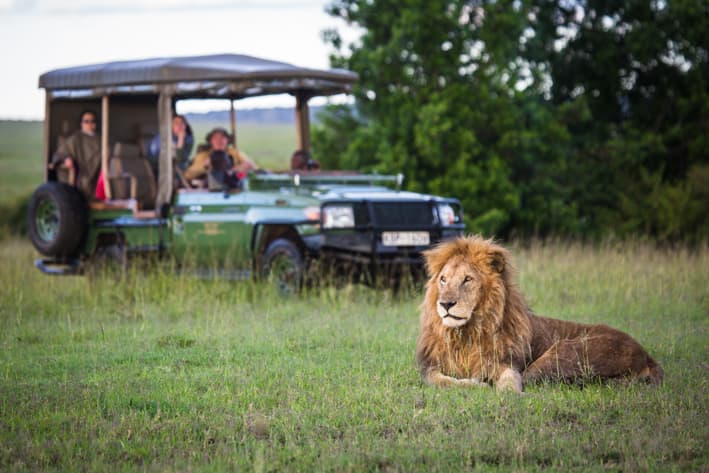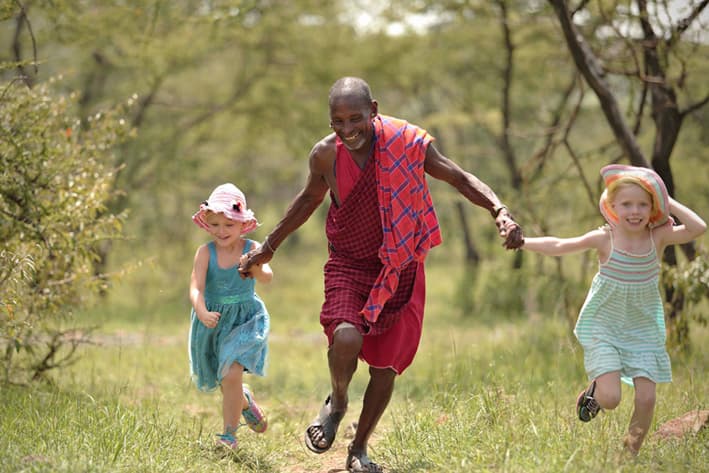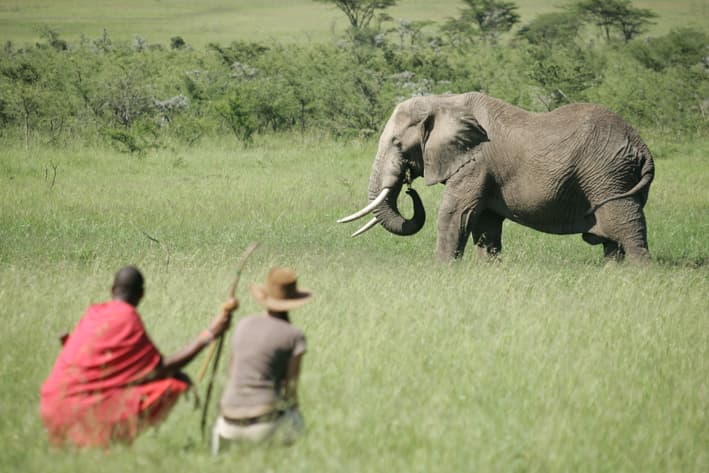Luxury Safaris to Kenya
Kenya is famous for being one of the top safari destinations in Africa. There is so much to see in Kenya, from the grasslands of the Masai Mara to the arid regions of Samburu National Park, and the conservation success stories of Laikipia and Amboseli National Park with Kilimanjaro as a backdrop. Kenya has it all including rich, colorful cultures, incredible wildlife viewing, vast landscapes, and small, privately owned safari camps and lodges.
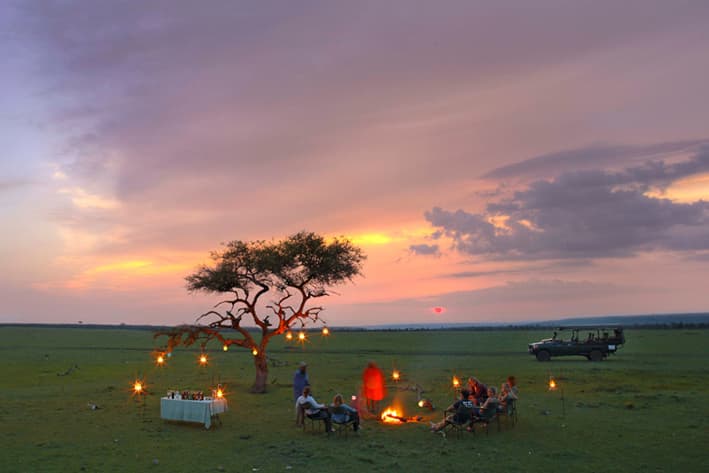
13-Nights
Destinations visited:
- Masai Mara
- Sarara
- Seychelles
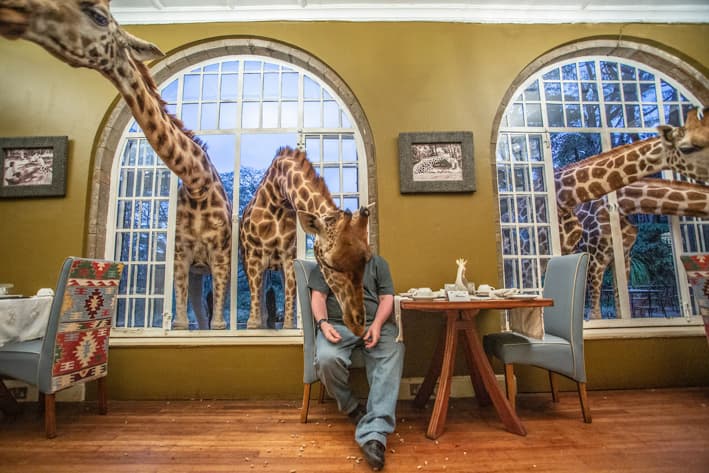
LUXURY KENYA SAFARI
10-Nights
Destinations visited:
- Masai Mara
- Laikipia
- Samburu
- Nairobi
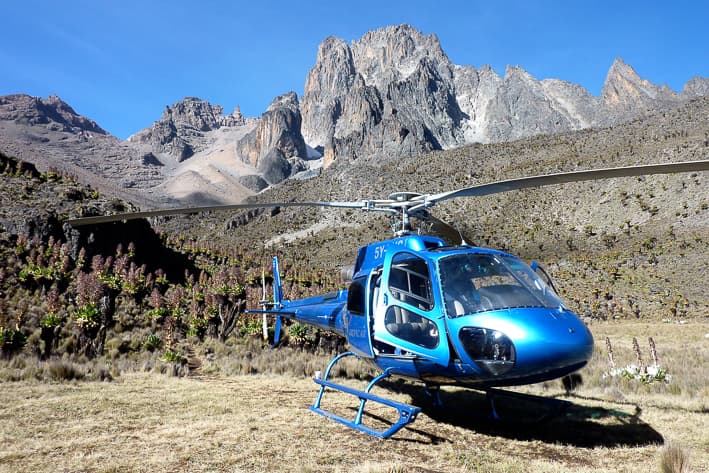
KENYA HELICOPTER SAFARI
10-Nights
Destinations visited:
- Amboseli
- Masai Mara
- Lewa
- Lake Turkana
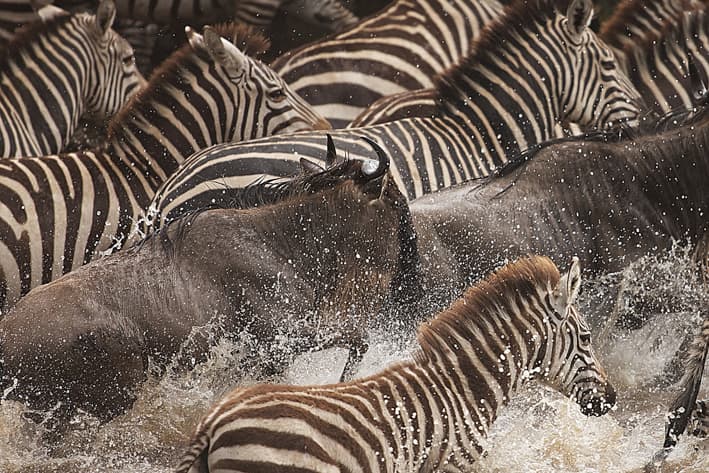
11-Nights
Destinations visited:
- Masai Mara
- Serengeti
- Ngorongoro Crater
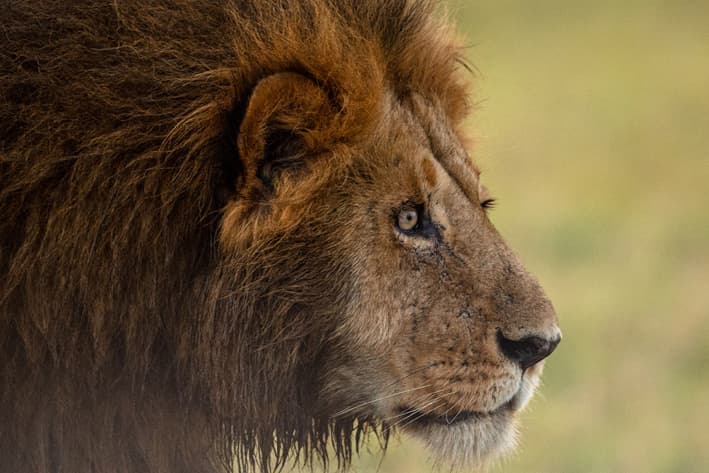
RWANDA, KENYA & SEYCHELLES SAFARI
12-Nights
Destinations visited:
- Volcanoes National Park
- Masai Mara
- Seychelles
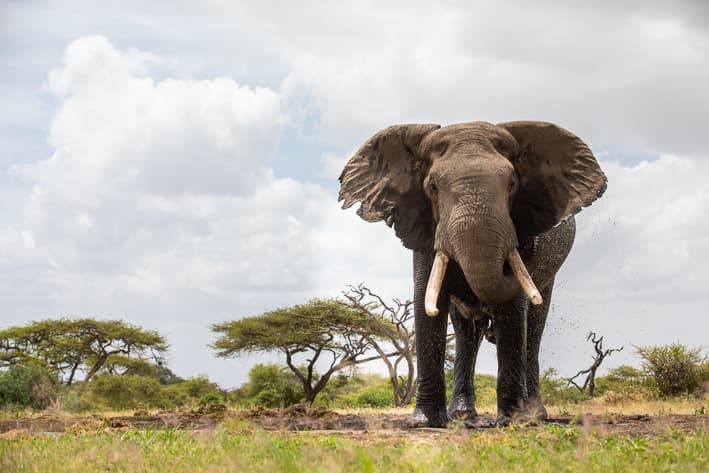
MARA, AMBOSELI & BEACH
12-Nights
Destinations visited:
- Masai Mara
- Amboseli
- Seychelles
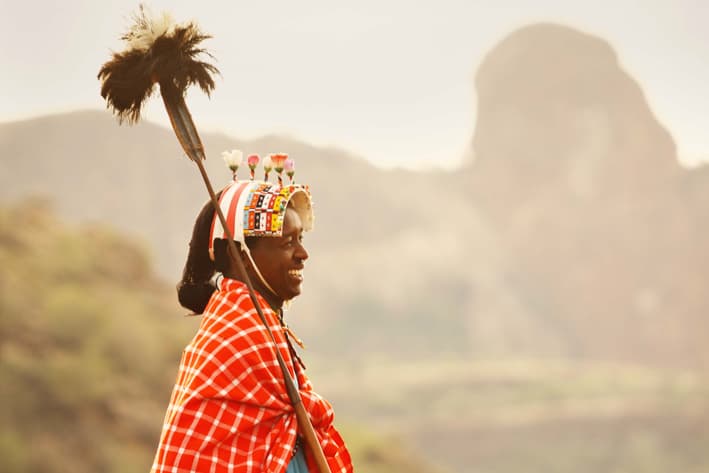
12-Nights
Destinations visited:
- Masai Mara
- Samburu
- Seychelles
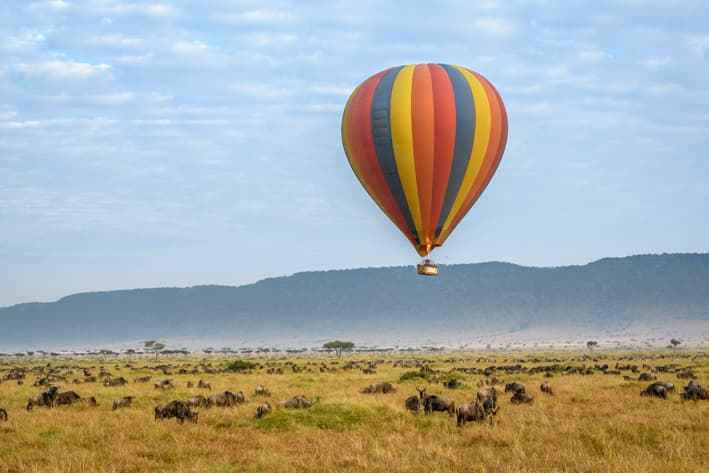
BEST OF AFRICA SAFARI
12-Nights
Destinations visited:
- Masai Mara
- Victoria Falls
- Okavango Delta
- Cape Town
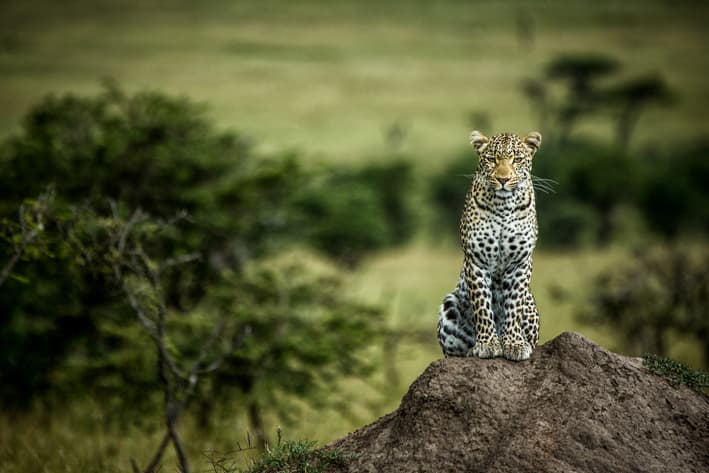
KENYA & MADAGASCAR SAFARI
12-Nights
Destinations visited:
- Masai Mara
- Antanarivo
- Andasibe
- Anjajavy

